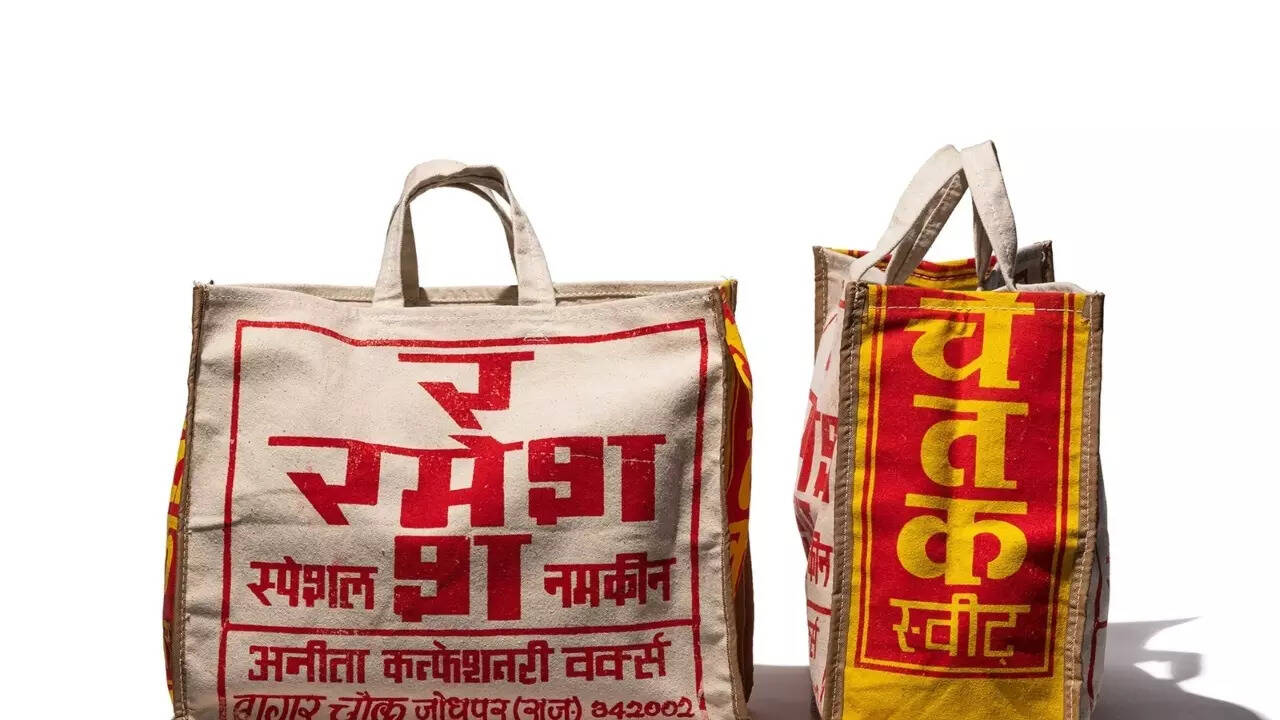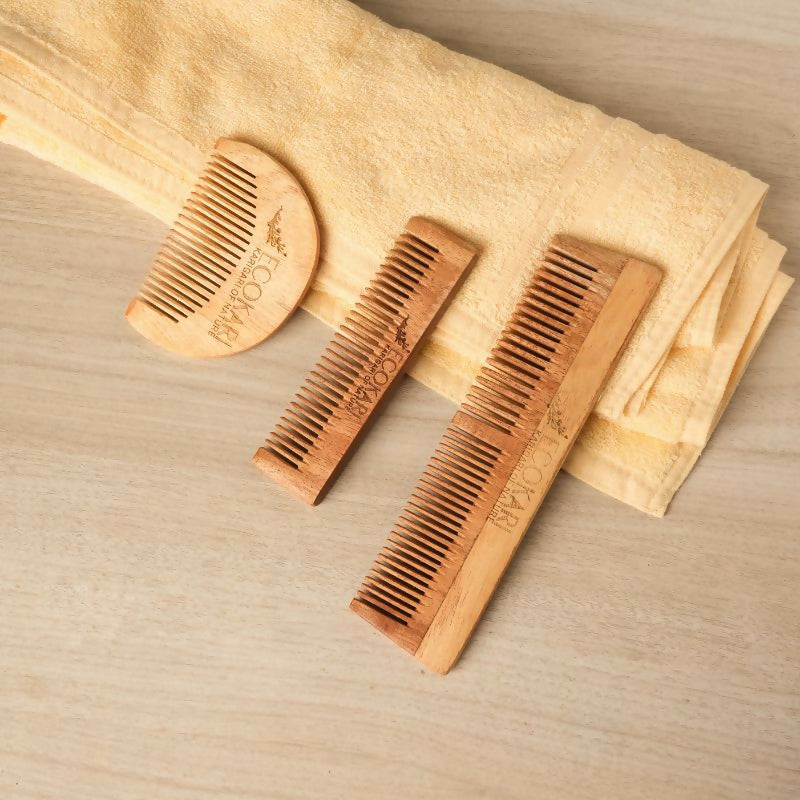Kolhapuri Sandals to Scandinavian Scarf Dupatta: Colonial Theft Again?

India is a land that is home to centuries-old craftsmanship passed through generations, rooted in regions and stories. These crafts are living expressions of ancestral skills. Time and again, global fashion has borrowed, rebranded, and resold these traditions often without context. When heritage crafts are renamed or stripped of origin, it echoes the wounds of colonial extraction. Just as Indian chintz was once banned by British rule and then mass-produced in Europe, today’s high fashion often profits from cultural aesthetics without acknowledging their roots. From sandals to scarves, the stolen pattern without attribution still continues.
The Kolhapuri Sandals
Kolhapuri chappals, the iconic handwoven sandals from Maharashtra, have a lineage dating back to the 12th century. They carry a Geographical Indication (GI) tag, a mark of their heritage and region-specific craftsmanship. Recently, Italian luxury house Prada came under fire for launching sandals nearly identical in design to Kolhapuris without initially naming the source. Only after public backlash did Prada clarify that their Spring/Summer 2026 collection was inspired by these traditional Indian shoes.

The $200,000 Mukaish Embroidery Coat
Another recent example came from Dior, whose $200,000 coat allegedly featured Mukaish embroidery, a delicate, handwoven metallic thread technique from Lucknow that dates back to the 3rd century BCE. The brand failed to acknowledge the Indian origin or the artisans behind the technique. Critics called it a textbook case of cultural appropriation, taking the art, leaving the artist invisible. In a world where luxury brands celebrate exclusivity, how ironic it is when they erase the very cultures they borrow from.
Jholas Turned Souvenirs
The Indian Jhola, a humble cloth tote bag known for its practicality and eco-friendliness, was recently spotted on Nordstrom's luxury departmental store website for 48 dollars. Marketed as a "souvenir," the bag triggered sharp responses online. One comment mentions, "Typical colonizer behaviour rehashing stolen ideas for profit." Something local is suddenly a global trend, with no mention of its origin or everyday cultural role.

The Dupatta Rebranded as a Scandinavian Scarf
Perhaps the most striking case is the latest trend of rebranding Indian Dupattas as "Scandinavian Scarves." Celebrities and fashion influencers were seen draping the lightweight cloth around the neck as new fashion statement. Fast fashion brands like Shein even began selling it as a "thin scarf." But this new trend has a centuries-old garment worn in South Asian cultures with cultural significance.

These incidents are part of a wider pattern that repeats history, taking from cultures seen as "inspiration" without honouring their origin. Is it about gatekeeping tradition? No. It’s about giving due credit to the legacy and traditional Indian crafts. If we want to preserve our cultural identity and protect our artisans, we must wear our heritage with pride and call out the systems that strip it of its name. Fast fashion with no individuality, premium brands rebranding without context, and stolen identities all remind us of the colonial theft that once erased and westernised everything. Evolution and exchange are different, but complete erasure of age-old crafts is not okay.






Leave a comment